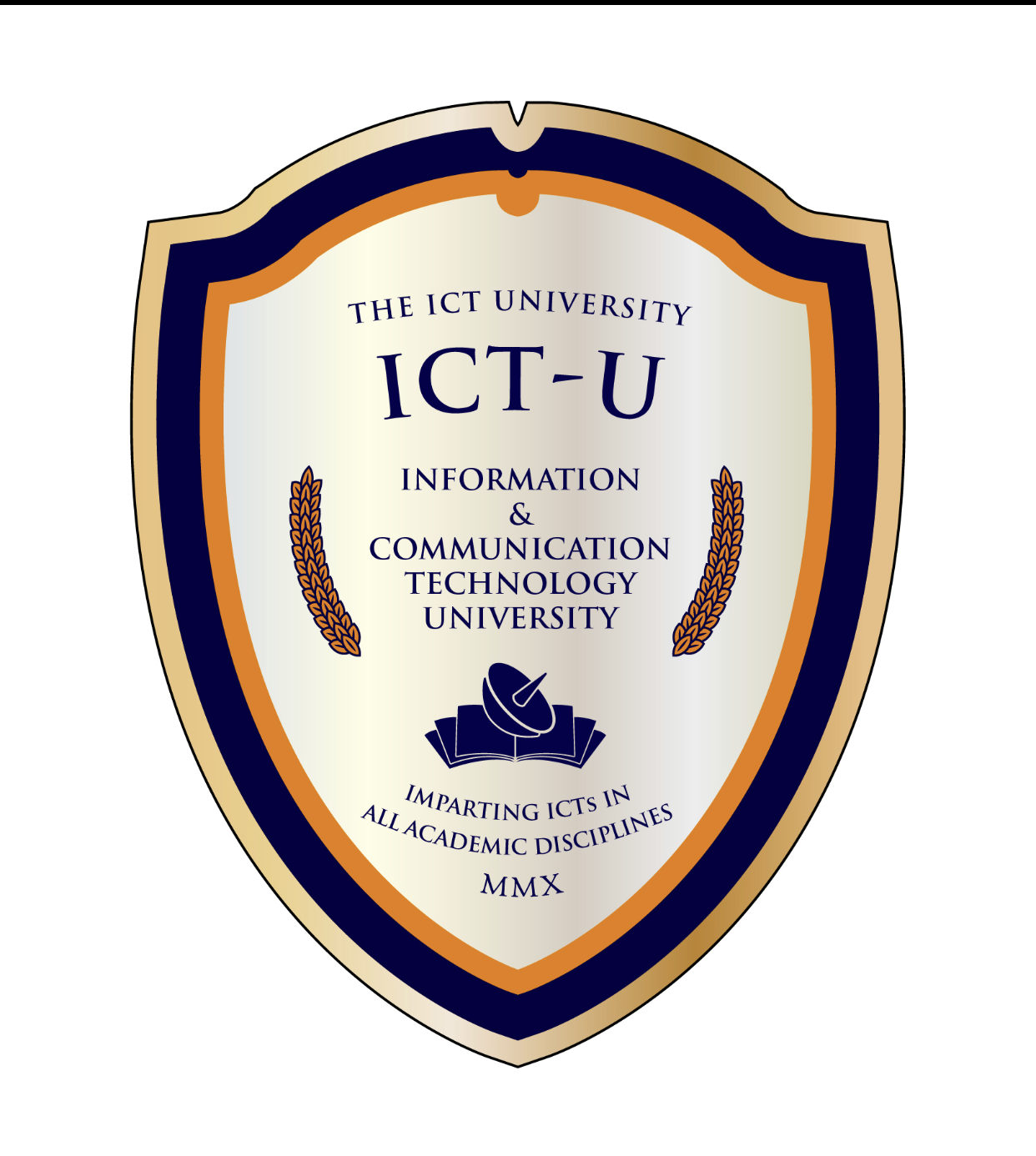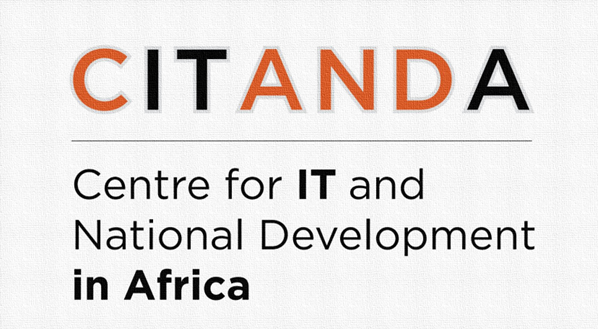Publication Date
12-2010
Abstract
The Open Source Software (OSS) literature gives little attention to the study and practice of domain specific end-user OSS implementation in general and in the public sector of developing countries (DCs) in particular. This paper, however, investigates the trajectories of two OSS-based information systems (IS) implementation projects in a developing country (DC) context with the aim to uncover the practice-based learning and resource sharing evident among locally situated and globally dispersed developers and users. The result of the interpretative case study research shows that the OSS philosophy and practice of software development, implementation and ownership, facilitates for the emergence of practice-based learning from the sharing of implementation accounts and artifacts without sharing the same context of work. Thus, the paper argues in favor of an implementation approach that focuses on distributed practice-based experience, knowledge and resource sharing, and learning with the mediation of the information infrastructure in order to facilitate and sustain OSS-based IS implementation in DCs. The paper contributes both to the OSS and IS implementation literatures by showing the mechanisms of developing the technological capacity of indigenous groups and using the trans-situated learning model as a means to understanding the learning dynamics in OSS implementation.
Included in
African Studies Commons, Higher Education Administration Commons, International and Comparative Education Commons, Software Engineering Commons


